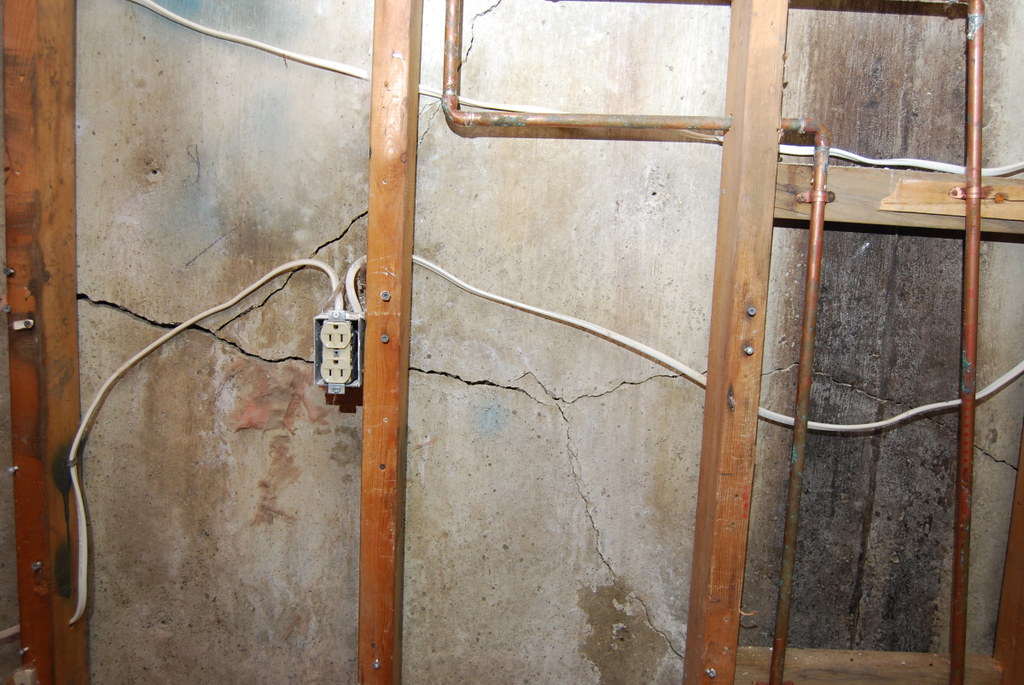
Auto repair scams are a growing concern for vehicle owners, particularly men who may feel pressured to trust mechanics. These scams can lead to costly repairs and unnecessary services, costing thousands of dollars. Understanding common tactics can help consumers protect themselves and their wallets.
1. Unnecessary Repairs
Many auto shops recommend repairs that aren’t needed, such as replacing brake pads or rotors. According to the National Highway Traffic Safety Administration (NHTSA), it’s essential to get a second opinion before agreeing to any significant repairs.
2. Inflated Labor Costs
Some shops charge excessively high labor rates. Researching local averages can help consumers identify when they are being overcharged. Always ask for a written estimate before work begins.
3. Fake Parts
Using counterfeit or substandard parts is a common scam. Car manufacturers, including Honda and Ford, stress the importance of using genuine parts to ensure vehicle safety and performance. Verify parts with the shop before installation.
4. Fluid Flushes
Some shops recommend unnecessary fluid flushes, claiming they are essential for vehicle longevity. The NHTSA suggests checking the owner’s manual for maintenance schedules instead of relying solely on shop recommendations.
5. Diagnostic Fees
Many auto shops charge hefty fees for diagnostics, even when they don’t resolve the issue. Consumers should inquire about diagnostic fees upfront and compare them with other shops to avoid overpaying.
6. Warranty Violations
Some shops may void vehicle warranties by performing unauthorized repairs. Always confirm that any work complies with manufacturer guidelines and that parts used are warranty-compatible.
7. Unlicensed Mechanics
Employing unlicensed mechanics is a serious issue. Consumers should verify that technicians are certified by recognized organizations, such as the National Institute for Automotive Service Excellence (ASE).
8. Pressure Tactics
Some mechanics use high-pressure sales tactics to rush decisions. Take time to evaluate necessary services and seek additional opinions. Legitimate shops will respect a customer’s need for time.
9. Free Inspections
While free inspections can be beneficial, they may lead to exaggerated repair recommendations. It’s advisable to treat such offers with caution and seek a second opinion if presented with a long list of repairs.
10. Ignoring Recalls
Some auto shops might neglect to inform customers about outstanding recalls that could affect vehicle safety. Checking the NHTSA website for recalls can help ensure that all necessary repairs are completed.
Stay Vigilant
Consumers must remain vigilant against auto shop scams. Conduct research, ask questions, and always seek multiple estimates before agreeing to repairs. Protecting yourself can save you from losing thousands of dollars.



